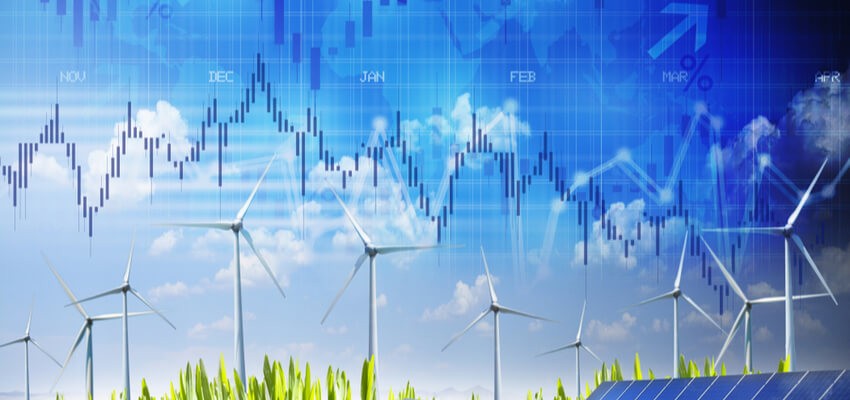Course
Benefits
· Live lectures from experienced
professionals
· Recorded session
· Digital manuals
· Field case studies
· E-Certificates after an assessment
test
Course
Objectives
Facing the
dilemma between resource shortage and environment destruction, numerous
researches have been initiated within the field of energy study. For example,
confronted with the fast increase in energy demand caused by economy growth,
energy security has become a quite important issue, and lots of researches
tried to capture the main trend in energy development, involving the
productions, consumptions and prices of various energy forms.
The analysis
of energy scenarios for future energy systems requires appropriate data.
However, while more or less detailed data on energy production is often
available, appropriate data on energy consumption is often scarce.
Time series
analysis is a specific way of analysing a sequence of data points collected
over an interval of time. In time series analysis, analysts record data points
at consistent intervals over a set period of time rather than just recording
the data points intermittently or randomly.
Learning
Objectives
ü Creates the Opportunity to Clean Your
Data
ü Time Series Forecasting Can Predict
the Future
ü Time Series Analysis Helps You
Identify Patterns
Prerequisites
v Will teach from scratch, so no
perquisites as such required.
v Having knowledge of data
visualization, graphs and charts will be add on advantage.
Topics
to be Covered
w Introduction to time series data, and
how it is different from normal data. We are already doing forecasting in our
real life
w Mathematics and Statistics relevant
to forecasting
a. Lag features
b. Algebra, Calculus
c. Outlier Removal
· Terminology of time series
a. Ts objects
b. Time plots
c. Seasonality
d. Periodicity
e. Trend
f. White Noise
g. Unit root
h. Smoothening
· Pandas with time series - datetime
object
· Introductory signal analysis
a. Fourier Transforms: Taking time
series data into frequency domain
b. Recursion Plots
c. Which spike is and anomaly
· Getting Deeper into time series
a. Differencing
b. ACF and PACF
c. Hypothetical tests
d. Time series Data Analysis
· Thinking of time series problem as a
regression problem
· Statistical Models
a. Auto Regression
b. Moving Average
c. ARIMA
· Deep Learning for time series
a. RNN
b. LSTM
· Advanced (Optional)
a. Anomaly detection using Auto Encoders
b. Isolation Forest
Frequently
Asked Questions
Why to
join this Course?
· Practical Oriented Knowledge
· Experienced Digital Experts
· Flexible Learning Model with recorded
lectures
· Certificate of Completion
· Project of Completion
What if I
don't have any prior coding experience? Can I still join this course?
· Don't worry, we'll start from
scratch. There is no requirement for prior experience.
· Will joining this program be
beneficial to me because I am proficient in Python?
· This might help you readily
comprehend the data science ideas underpinning oil and gas applications. You
will receive many data sets for practice and analysis.
Will I
get a certificate?
Yes, you
will receive a 6-week training certificate upon completion Acf the programme
Will
there be an assignment?
Yes, we'll
have assignment on weekly basis and final project at end of the program.
Who can
join this course?
Undergraduate/Graduate
or professional working in energy sector.


